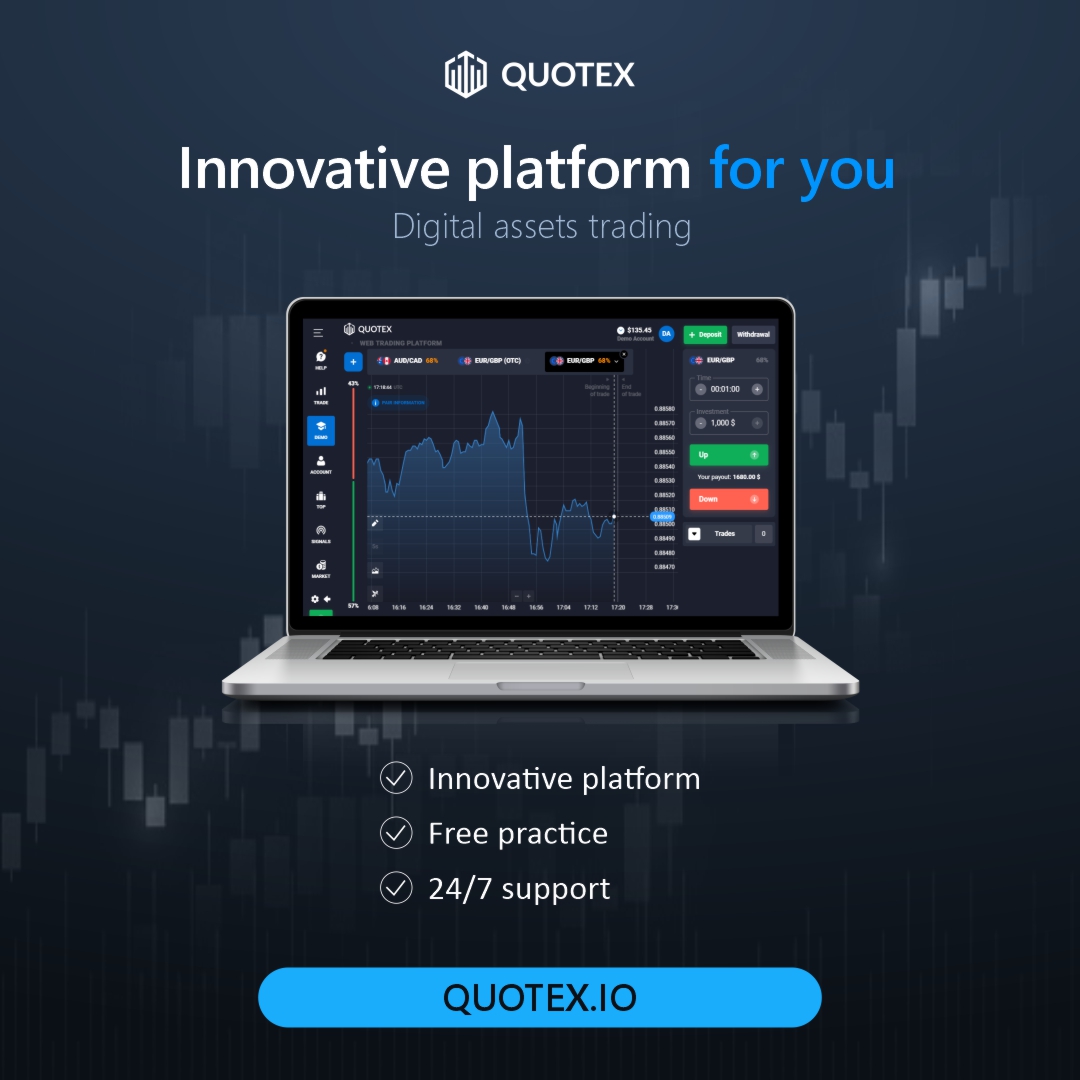Brazil has ordered Worldcoin to stop offering their digital tokens or any other compensation to Brazilians in exchange for their biometric data, joining a growing list of countries that have governed against the Blockchain project.
In other parts of South America, the adoption of digital assets is emerging in Chile, Argentina and Mexico, with weakened and expensive fiduciary coins services of cross -border transfer between the factors that push more people to digital assets.
WorldCoin Token payments stopped in Brazil
In Brazil, the country’s data protection agency has ruled against the tokens operation for Worldcoin data. The National Data Protection Authority (ANPD) ordered tools for Humanity (TFH), the WorldCoin parent company, to suspend payments, which offers through its native token, WLD, to residents that provide their biometric data, including eyes scanning in their controversial orbs.
ANPD has been investigating Worldcoin, now known as World Network, since it was launched in Brazil last November. Determined that the tokens offered in exchange for the data interfere with consent as defined by local data laws. Anpd said that this consent on confidential personal data must be “free, informed, unequivocal and specificly and highlighted and for specific purposes.”
Worldcoin has been based on the “free” tokens WLD that offers to attract the masses for biometric scan. From the beginning, it was mainly addressed to developing economies, where the 25 WLD tokens offered (for a value of around $ 50 at current prices) have a significant impact on the lives of the recipients.
In countries like Kenya and Indonesia, thousands of locals queued for hours so that Iris scans would receive tokens. In Kenya, the project attracted so many participants who was ordered to carry out operations only outside the city centers, since the queues caused chaos and became a security concern. Many Kenyans with whom we talk were unaware how their biometric data would be used or stored, but the attractiveness of ‘free money’ was too good to reject.
The prohibition of Brazil is based on the same concerns that free money could blind residents to the danger of delivering their data.
“… The monetary consideration offered by the company can interfere with the free expression of people’s will by influencing the decision regarding the provision of their biometric data, especially in cases where vulnerability and potential insufficiency They make the weight of the payment offered even greater, “Anpd said.
In addition, the agency expressed concern about the Worldcoin structure, which does not allow people to request that their data be eliminated or revoked their consent.
The project remains firm that it has not violated any law and said in a statement that it is in conversations with the ANPD.
“[We] They are sure [we] You can work together with the authorities to guarantee the continuous capacity of all Brazilians to participate fully in the world network, ”he said.
Weak coins, economic instability stimulating Latin America
As Brazil forces Worldcoin to cease some of its activities, other countries in South America are registering the adoption of digital assets that are triggered, according to reports.
The chain analysis included four Latin American nations in its list of the 20 main countries with the highest adoption, and although Brazil still leads, Venezuela, Mexico and Argentina are updating.
According to Sebastian Reyes, who directs the analysis services of the company Fintech Chilean Vita Wallet, the economic instability of the region and the weakening of the currencies have played an important role in stimulating the adoption of digital assets.
“There is more interest in Latin America, and people are much more aware of the available solutions. Growth in the region is driven by access to assets linked to the dollar, which help protect savings, and the ease and speed of international transfers, ”he said to a local exit.
Latin American regulators are still fighting for the surveillance of the nascent industry, like many of their peers worldwide.
In Chile, the Government is gradually handling the regulations of ‘crypt’ and now requires that all suppliers of virtual asset services (VASP) receive a license before serving investors.
“In the long term, these limits will allow a more robust market, with greater certainty and volume, which will attract new users,” says Reyes.
While different nations face variable challenges in Latin America, there is a shared discontent with Legacy Finance. A recent Coinbase (NASDAQ: COIN) study and the IPPSOS market research firm discovered that LATAM nations, led by Argentina, distrust banks and other traditional financial institutions, want more financial freedom and believe that the block chain and the chain of blocks and Digital assets could be the best. solution.
LOOK: What can organizations do to enter the web and digital identity bus?
https://www.youtube.com/watch?v=een4_cewztk Title = “YouTube Video Player” Framebreroorder = “0 ″ Persew =” accelerometer; Autoplay; clipboard-writing; Encrypted half; gyroscope; image image; Web-Share “Referrerpolicy =” Strict-Origin-When-Cross-Origin “Ithullscreen =” “>
Fountain:




